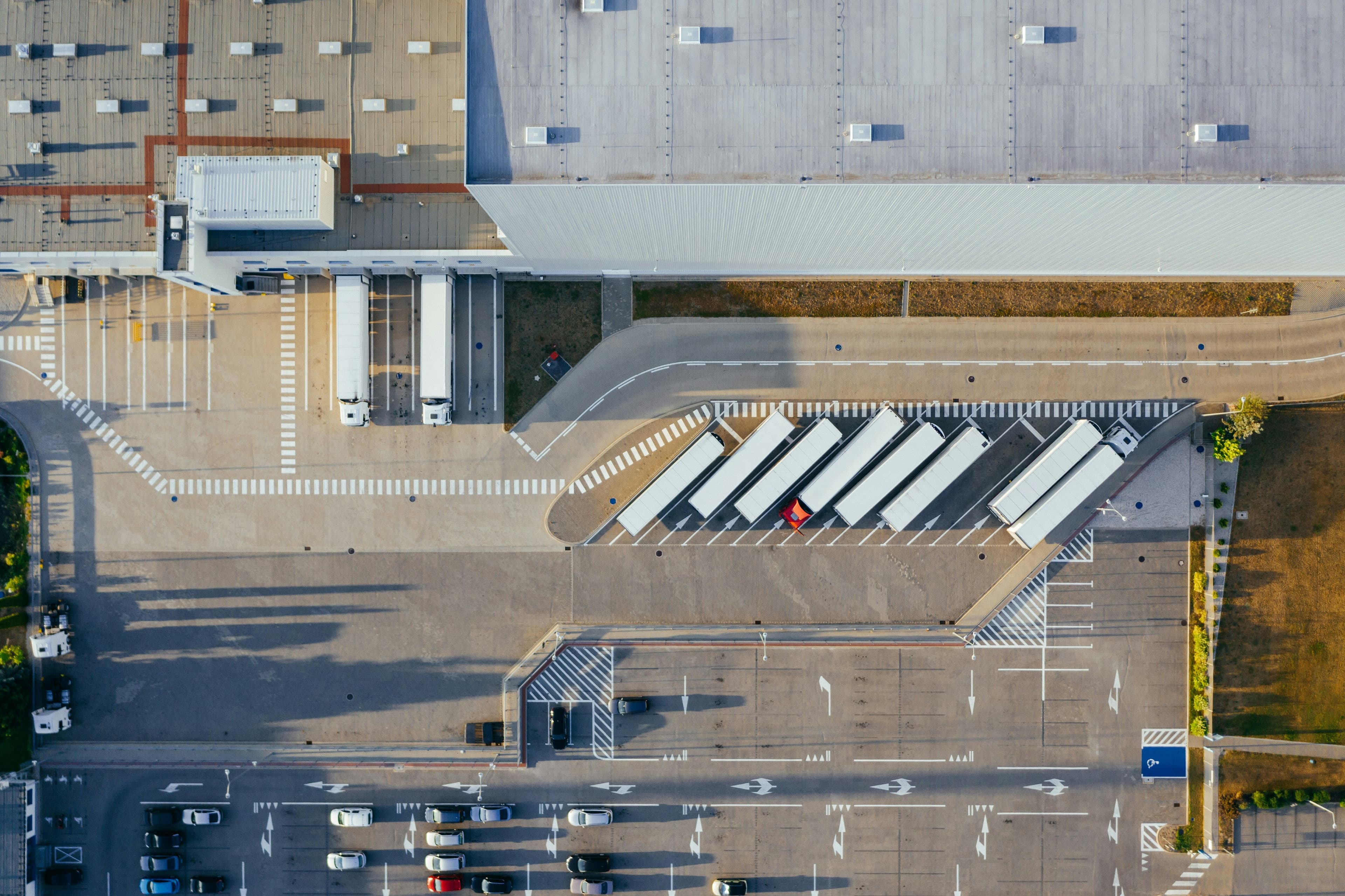The logistics industry is undergoing one of the most significant transformations in its history. Advances in artificial intelligence (AI), automation, and data-driven decision-making are redefining how goods are moved, tracked, and delivered.
Why Automation Matters
- Streamlining Repetitive Tasks: Scheduling, order entry, and compliance reporting
- Reducing Errors: AI-powered validation and predictive analytics
- Enhancing Visibility: Real-time tracking and proactive problem-solving
The Role of AI in Decision-Making
AI is not just about robots and autonomous trucks—it's about augmenting human decision-making. From forecasting demand to predicting maintenance needs, AI helps companies move from being reactive to proactive.
Emerging Trends
- Digital Twins: Virtual models of supply chains for scenario testing
- Autonomous Vehicles & Drones: Expanding warehouse and delivery automation
- Intelligent Orchestration: Integrating TMS with HR, safety, and back-office processes
- Sustainability: AI-driven optimization reducing emissions and fuel use
What This Means for Businesses
Companies that adopt automation will scale faster, deliver better customer experiences, and stay resilient against disruptions. Logistics organizations of the future will operate as technology-enabled networks, uniting people, processes, and platforms.
Final Thoughts
The future of logistics automation isn't about replacing people—it's about empowering them. By letting machines handle repetitive tasks, humans can focus on strategy, service, and innovation.
